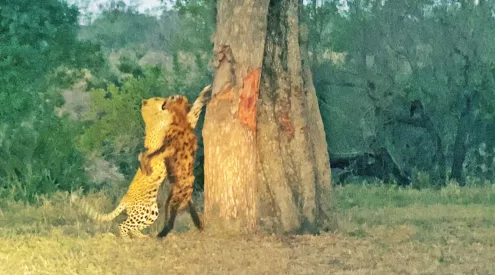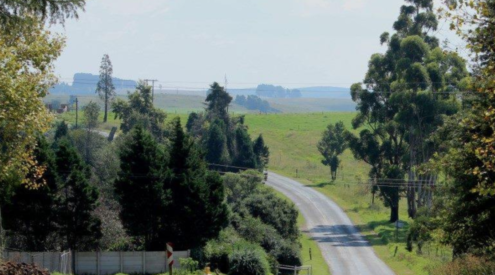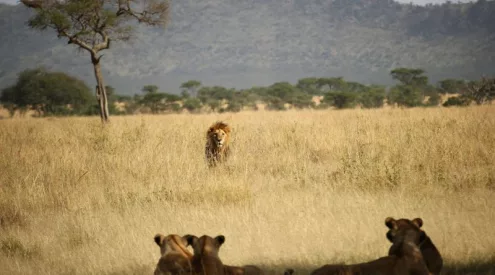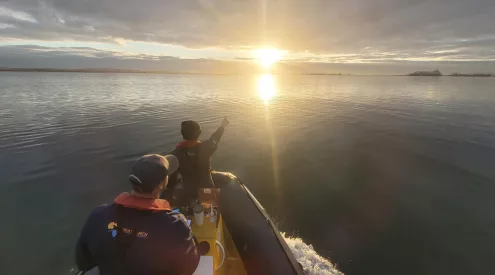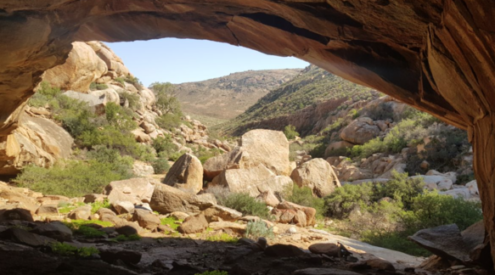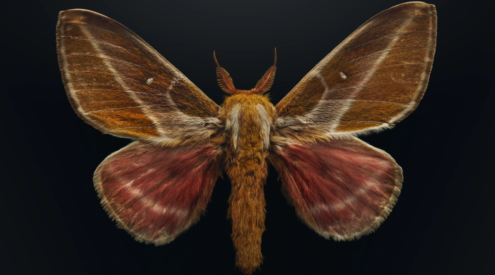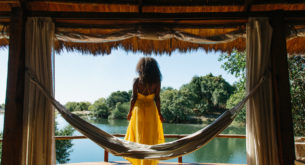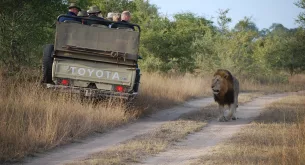Interacting with wild animals can be a magical experience. However, in various countries, animals are used for commercial means, resulting in dire mistreatment. Animals are meant to be appreciated in their natural, wild habitats.
Some southeast Asian countries like Thailand and India are known for these tourist operations. These people illegally capture wild animals like tigers and elephants, abuse them into submission and teach them to obey certain commands so tourists can ride them. Alternatively animals are heavily sedated in order for tourists to pet and take photos with them.
In South Africa, petting lion cubs has come under increasing scrutiny and the movie Blood Lions exposes the exploitation and unethical practices ‘associated with wildlife interactive tourism, including cub petting and walking with lions’.
It also documents how ‘captive bred or tame lions continue to be killed in canned hunts and hundreds more are slaughtered annually for the lion bone trade’.
Companies that offer visitors a swim with dolphins have also been criticised. Sometimes pods are lured to the boat with food, which can cause the dolphins to stay in one specific area and not migrate when they should.
Many dolphins and whales have also been injured by boat propellers. New Zealand banned the activity in 2019 because of stress that it causes to the animals.
Read: SA Tourism releases guide to ethical wildlife encounters
Horrendous pictures and videos have been shared on the internet to expose the exploitation which tourists often support unwittingly when riding an elephant or petting other wild animals.
Read: Airbnb launches ethical animal encounters
WARNING: The following videos contain graphic content.
To keep wild animals from being mistreated, people need to avoid suspect enterprises and actively educate others about the problems associated with wild animal interaction.
Remember these tips when planning your holiday:
Do thorough research on wildlife tourism companies. Most of the time, these animals live in cruel, unnatural conditions.
Don’t support circuses or other forms of entertainment where wild animals do tricks and are kept in cages.
Discourage fellow travellers who plan to support abusive companies, and share the reasons why.
Report any explicit animal abuse you might come across to local authorities and remain skeptical of any places that keep ‘exotic’ pets or wild animals you can touch, ride or take pictures with.
Remember, viewing wildlife and appreciating them in nature does no harm, as long as you know that the animals were not hurt or removed from their natural habitat in order to get there.
Keep in mind that rehabilitating orphaned, ill or injured wild animals in a professional institution is not abuse and these animals often are released back into the wild after careful observation.
Here are local organisations who fight for animal rights you can support:
Dolphin action & Protection group
South African Wildlife Rehabilitation Centre
Also read: Marine volunteering opportunities in SA
Image: Unsplash


